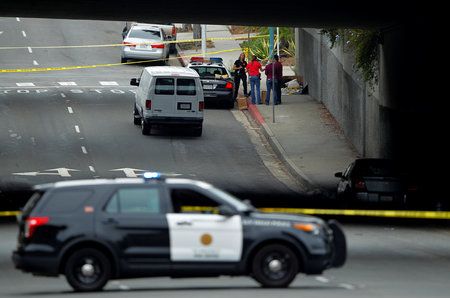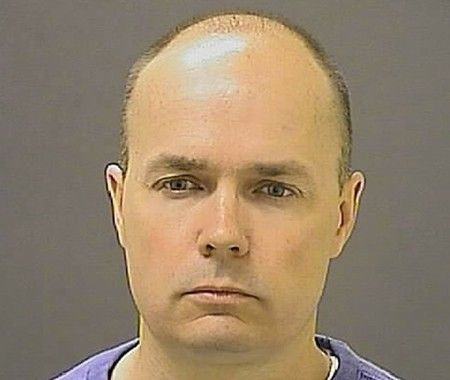Advertisement
U.S. traffic deaths rose 7.2 percent in 2015: Transportation Dept.

WASHINGTON (Reuters) – Last year 35,092 people died in traffic crashes in the United States, a 7.2 percent year-on-year increase that runs counter to a five-decade trend of declining fatalities, the U.S. Transportation Department said.
U.S. officials said lower gasoline prices combined with job growth increased the number of miles driven last year by the highest rate in nearly 25 years. Distracted driving was cited in about a tenth of traffic fatalities in 2015, the U.S. DOT said.
Data “showed traffic deaths rising across nearly every segment of the population,” the department said in a statement.
The number of fatalities was near preliminary estimates issued nearly two months ago.
The last time U.S. traffic fatalities rose at a greater rate was in 1966, when they went up 8.1 percent. That was two years before the federal government required seat belts in cars.
While the number of fatalities rose in 2015, driving is far safer now in the United States than it was in the past. In 1966, the fatality rate – measured as deaths per miles driven – was five times higher than today. In that year, nearly 51,000 people were killed on U.S. roads.
Almost half of passenger vehicle occupants killed last year were not wearing safety belts, although the belts are standard equipment in all cars and required to be worn in some U.S. states, the DOT said.
“Solving this problem will take teamwork, so we’re issuing a call to action and asking researchers, safety experts, data scientists, and the public to analyze the fatality data and help find ways to prevent these tragedies,” said U.S. Transportation Secretary Anthony Foxx.
Almost one in three fatalities involved drunk drivers or speeding, the DOT said.
The number of vehicle miles traveled in the United States rose 3.5 percent in 2015 from a year earlier, the DOT said.
In 2005, U.S. traffic deaths were 22 percent higher, at 42,708.
(Reporting by Mohammad Zargham in Washington and Bernie Woodall in Detroit; Editing by Chris Reese and Steve Orlofsky)











